

Is your life spinning out of control due to an addiction? Whether you are coping with drug and alcohol abuse, gambling, food, sexual addiction or compulsive overeating, counseling can offer critical guidance and support on your path to recovery.

“Addiction” is a term used in many areas to describe a compulsion, obsession, or excessive psychological dependence on a substance (e.g., alcohol) or a pattern of behavior (such as sexual promiscuity) which persists despite mounting negative consequences. Initially, the goal of engaging in addictive behaviors is to change one's feeling state. What begins, however, as a misguided effort to self-medicate and cope, eventually throws life out of balance physically, mentally and spiritually. Complicating the picture, it is likely to be a gradual turn of events which deepens over time — an insidious process which makes it more difficult for the addict to recognize it as a problem.

The first goal of recovery from any addiction problem is to accept the degree to which it is out of control. There is usually a lot of denial, and everyone around you can see the naked truth you cannot accept: that the addiction now holds you hostage rather than helping you in any way. This is what Twelve Step Recovery refers to as “Step One” –the most important step of accepting the degree to which you have become powerless over the addiction.
The second counseling goal is to achieve abstinence by learning healthier behaviors and coping skills, and to begin addressing the damaging consequences it has had on your life. At this point your family life has definitely been impacted. You may be estranged from your spouse. Your performance has deteriorated at work, you have Hepatitis C, or just got a DWI for driving under the influence. The consequences can be tough, and the rebuilding difficult, and you will need support as well as guidance developing the best strategies. With over twenty-five years of experience treating addiction, I will help you at every juncture of your recovery journey.
Together, we will identify your specific triggers for potential relapse so you can avoid them, challenge you to overcome self-sabotage, and join with you to celebrate your successes one day at a time. When you hit a particularly rough spot, or experience a relapse, I will help you regroup to minimize its negative impact and actually strengthen your future recovery in the process. I will provide you a very special kind of supportive accountability on your journey to the life you deserve

It’s very common for people with addictions to have problems with other mental health issues such as adult ADHD, anxiety and depression. This is particularly true in cases where someone has struggled to remain abstinent despite a lot of treatment, and /or regular involvement in a Twelve Step program like AA or NA. In counseling, co-existing psychiatric and psychological problems can be assessed and added as critical treatment goals. Unless these are addressed as well, they will pose an ongoing relapse risk as well as interfering with your overall satisfaction and serenity in recovery

Counseling can be extremely helpful to those already successfully involved in a Twelve Step program or drug and alcohol treatment program. People are often grateful for the private time to discuss issues they may not feel comfortable revealing in a group setting, or which may not be appropriate in that context. I work closely with inpatient and outpatient counselors to maximize your success in any program. I am also thoroughly respectful of and familiar with Twelve Step spiritual philosophy and integrate that into treatment where appropriate and desired by the client. Recovering people already stable for an extended period of time often seek counseling for other mental health or quality of life issues. They appreciate the fact that I speak “recovery language” and the ways in which I view their life goals in a recovery context.
For anyone interested in attending a Twelve Step recovery group, help is available 7 days a week. Each group differs a bit from the next, so you might consider checking out a few different meetings until you find the ones that are the most conducive to your healing. Frequently “beginners” groups are available where extra efforts are made to welcome and support new participants. You are not alone.
